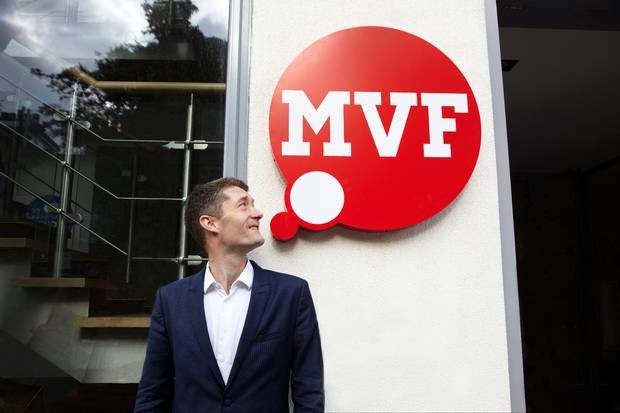Berkshire s weird buyback
Post on: 10 Июнь, 2015 No Comment

Berkshires weird buyback
There are a lot of very weird aspects to todays announcement that Berkshire Hathaway has bought back $1.2 billion in stock.
Firstly, the way that the announcement came out seems incredibly shambolic. The stock market opened, and then just a few minutes later trading in Berkshire was halted, pending a news announcement. The announcement was made, and trading resumed, but theres really no reason why the announcement couldnt have been made ten minutes earlier, before the market opened.
Secondly, the buyback took long enough: Berkshire first announced that it was thinking of doing such things back in September 2011. saying that it would buy back stock at prices no higher than a 10% premium over the then-current book value of the shares. After that there was nothing, until today when Berkshire, with its very first first significant buyback, managed to break its own self-imposed constraint:
Berkshire Hathaway has purchased 9,200 of its Class A shares at $131,000 per share from the estate of a long-time shareholder. The Board of Directors authorized this purchase coincident with raising the price limit for repurchases to 120% of book value. Berkshire may purchase additional shares in the market or through direct offerings at no more than 120% of book value.
This smells. The estate of a long-time shareholder is clearly code for an old friend of Warrens. When that person died, the estate clearly took the decision to liquidate the entire holding, possibly for fiscal-cliff-related reasons. (Theres a good chance that the taxes on estates and capital gains will rise substantially in 2013.) Its possible that Berkshire was a little bit worried about the effect that the sale would have on the share price. but its unlikely: average volume in the stock is more than 56,000 shares per day, so selling 9,200 shares without moving the market much is pretty easy .
So theres no particularly good reason why Berkshire should step in and make this purchase just to keep the market price smooth, especially when Buffett says he doesnt pay much attention to short-term stock-price fluctuations anyway. And theres definitely no good reason why this particular estate sale should be the catalyst for the Berkshire board breaking its own rules, and buying back its stock at levels far in excess of 110% of book value. (Book value is $111,718 per share, which means that the buyback price was just over 117% of book value.)
Finally, theres no good reason why the buyback should have been done in this highly undemocratic manner. As we have seen, some $7.5 billion in Berkshire A shares change hands every day: Berkshire Hathaway, as a public company, made the decision many years ago that the stock market was the best place for its shares to trade. And yet, when it came to its first-ever stock buyback, Berkshire decided that it didnt want to go to the stock market after all, and instead just did a bilateral side deal with the estate of a long-time shareholder.
Buybacks are considered a good thing, on the stock market, for three reasons. Firstly, they reduce the number of shares outstanding, which means that the value of the remaining shares goes up: the company is worth the same amount, so the value per share is higher. Secondly, they provide an extra bid in the market, which helps support and drive up the share price. And thirdly, they give shareholders the opportunity to sell their shares back to the company: if they want to sell where the company is buying, they have that option. And options are worth money.
Berkshire, with this buyback, achieved the first of those three reasons, but punted on the other two. It didnt provide a bid in the market, and it didnt give its shareholders that lovely marginal option of selling their shares to the company rather than to the traders who are in and out of the market every day. Instead, it decided to give special treatment to a single long-term shareholder.
The whole point of the stock market is that shares are fungible, and that all shareholders are equal. Berkshire has violated that principle today, for no good reason while also breaking its self-imposed discipline of only buying back shares if the price is below 110% of book value. If youre going to do a buyback, this is pretty much the worst way to do it.
Update . Apparently I shouldnt trust Yahoo Finance, and when it reports volumes in BRK-A, its actually overstating them by a factor of 100. i.e. when it says 90,800 shares were traded yesterday, in fact that means that 908 shares were traded yesterday. Sorry.
Update 2 . Ben Berkowitz correctly points out that this is Berkshires second buyback. It previously bought back $67.5 million of its shares from September 2011-December 2011 and disclosed the repurchase in its 10-K .














